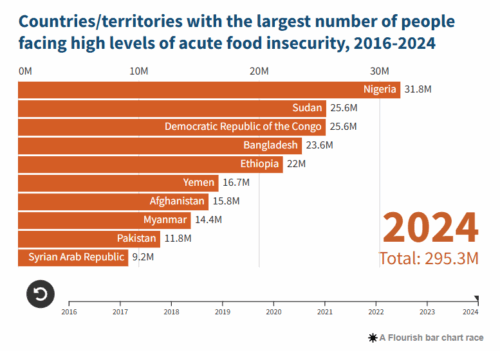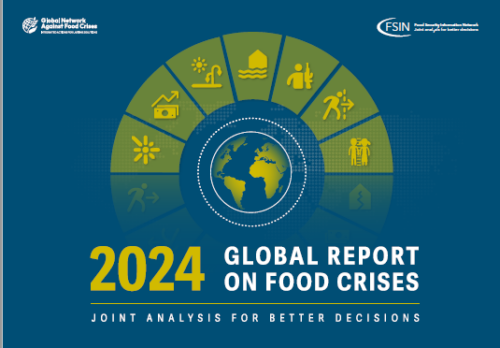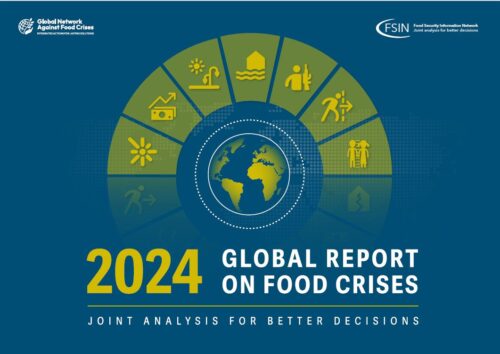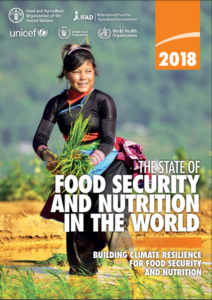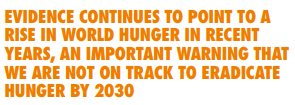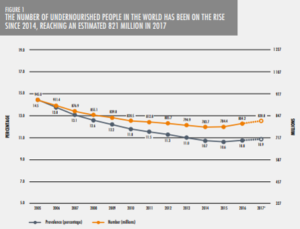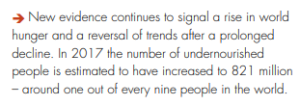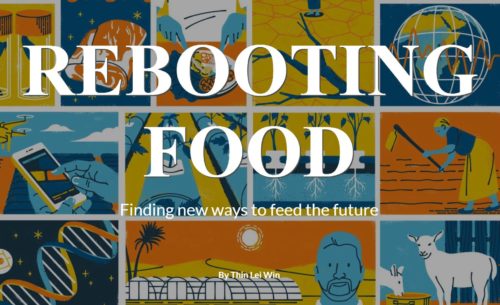Weekend reading: worldwide food insecurity
The newly released Global Report on Food Crises (GRFC) has bad news.
In 2024, more than 295 million people across 53 countries and territories experienced acute levels of hunger– an increase of 13.7 million from 2023.
Of great concern is the worsening prevalence of acute food insecurity, which now stands at 22.6 percent of the population assessed. This marks the fifth consecutive year in which this figure has remained above 20 percent…Malnutrition, particularly among children, reached extremely high levels, including in the Gaza Strip, Mali, Sudan, and Yemen. Nearly 38 million children under five were acutely malnourished across 26 nutrition crises.
Why?
- Conflict
- Economic shocks
- Climate extremes
- Forced displacement
The report makes dismal reading. These crises may seem remote, but if people cannot survive in their own countries, they will migrate. We are one world and we will be much better off if everyone else is too.

